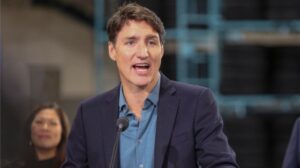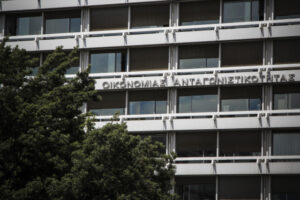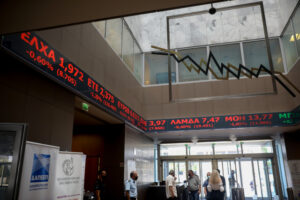The government of Canada announced yesterday (Tuesday) that it plans to move forward with new tariffs on critical rare earths, batteries, solar-related products and semiconductors imported into the country from China, which could trigger new retaliatory measures by Beijing.
In late August, the Canadian government announced the imposition of additional 100% tariffs on imported Chinese electric cars from October, complaining of “unfair competition”, prompting “strong displeasure” from China.
Ottawa has opened a new 30-day public consultation, this time to get industry input on imposing additional tariffs on imports of batteries, semiconductors, critical minerals and metals, and photovoltaics from China, Canadian Deputy Premier Christia Freeland said during a news conference.
“Workers, the auto industry and supply chains for essential products are currently facing unfair competition from Chinese companies that are benefiting from Beijing’s deliberate oversupply policy,” the Canadian economy minister said.
The new escalation of tensions between Canada and China is being recorded against a backdrop of escalating trade disputes by Western nations, which accuse Beijing of being bent on destroying competition in sectors such as wind power, photovoltaic panels and batteries.
Beijing appealed to the World Trade Organization (WTO) after China imposed additional tariffs on electric cars exported by China, deeming Ottawa “unilaterally” took a “protectionist” measure.
The Canadian government simultaneously announced additional tariffs on imported steel and imported aluminum from China.
In response, China announced that it had opened an anti-dumping investigation into Canadian canola, apparently in retaliation.
The Canadian government has made great efforts in recent years to attract electric car manufacturers, notably by offering tax incentives, touting its clean energy production and the country’s rare earth resources.
Ask me anything
Explore related questions





